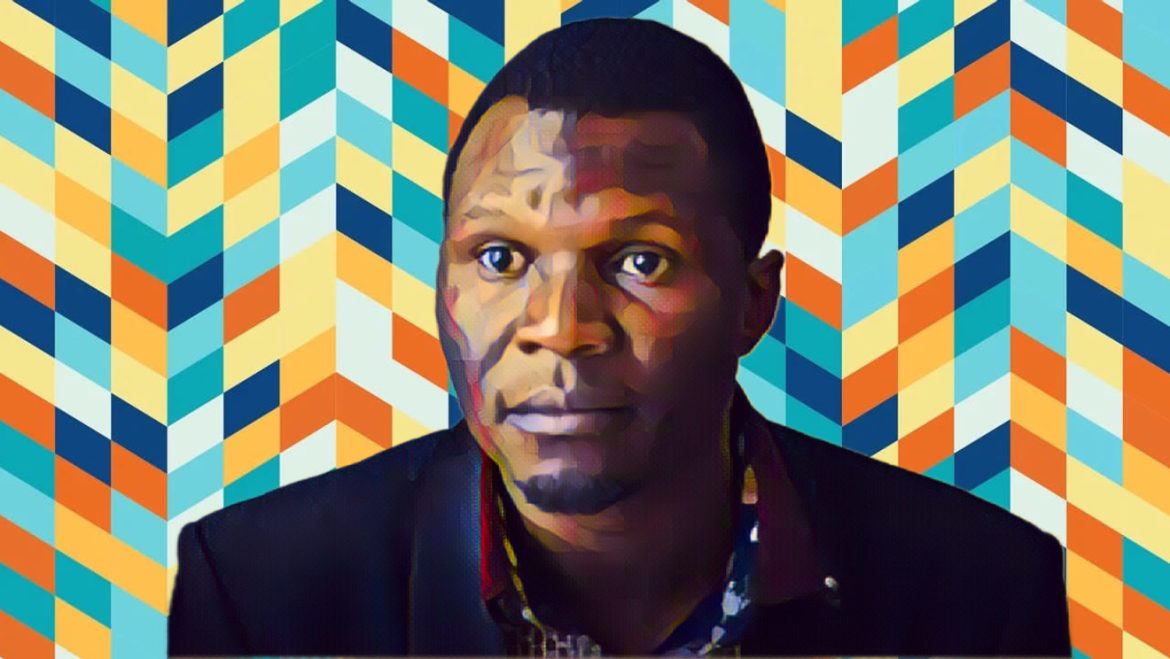President Emmerson Mnangagwa’s administration continues the legacy of his predecessor, the late Robert Mugabe, by holding grudges against adversaries, according to a senior leader of the Zimbabwe African People’s Union (ZAPU). This criticism comes in the wake of Mnangagwa’s refusal to grant heroine status to former Bulawayo provincial affairs minister Eunice Sandi Moyo for her contributions to Zimbabwe’s liberation struggle.
Sandi Moyo passed away at Mater Dei Hospital in Bulawayo last Thursday after a long battle with hypertension at the age of 78. Despite her significant role in the liberation struggle, she was only accorded a State-assisted funeral, unlike some of her former colleagues in the ZANU PF politburo and government.
At Sandi Moyo’s memorial service at the Bulawayo Amphitheatre before her burial at Lady Stanley cemetery, ZAPU secretary-general Mthulisi Hanana emphasized that the legacy of their party is incomplete without recognizing the contributions of dedicated nationalists like her. “It is unfortunate that our mother is being denied her rightful status simply because she held different views from the powers that be,” Hanana said.
Hanana criticized Mnangagwa’s government for being as unforgiving and vindictive as the previous administration, asserting that ZAPU veterans are frequently overlooked despite their significant contributions. He recounted Sandi Moyo’s dedication to the liberation cause when she left Zimbabwe in 1975 to join the struggle.
“I admired her determination in advancing the cause of former ZAPU and ZIPRA, her desire for the development of our country, and her patriotism,” Hanana said. He recounted how Sandi Moyo had insisted he speak the truth at her funeral, reflecting her fearless nature.
Hanana lamented the ongoing marginalization of women revolutionaries like Sandi Moyo, drawing parallels with other female nationalists who were denied heroine status, such as Amai Ruth Nyamurowa and Umama uThenjiwe Lesabe. “The contribution of Sandi Moyo must never be allowed to be wished away by anyone for whatever reason. She worked for this country,” he said.
Hanana challenged the government to justify why individuals like Border Gezi and musician Soul Jah Love were granted hero status, while figures like Sandi Moyo were overlooked. “We cannot continue to have our icons being disrespected like this,” he stated.
He urged former ZAPU members to rejoin the party, criticizing those who remained silent while injustices occurred. Hanana called out Mnangagwa’s bitterness and questioned why Sandi Moyo was denied the heroine status she deserved, while 5th Brigade commanders were declared National Heroes.
Bulawayo Provincial Affairs and Devolution Minister Judith Ncube expressed that Sandi Moyo’s death was a significant loss for both the province and the nation. “As a city and the country, we are grateful for her service and sacrifices, and we thank President Mnangagwa for honoring her,” Ncube said. She emphasized the need for forgiveness to move forward as a nation, echoing the sentiments of the late Vice-President Joshua Nkomo.
ZANU PF politburo member Tshinga Dube praised Sandi Moyo as an extraordinary woman who fought for the liberation of the country and the emancipation of women.
Sandi Moyo’s political career faced turbulence in 2016 when she fell out with the ZANU PF leadership after being accused of aligning with a faction led by former Vice-President Joice Mujuru. The faction was allegedly plotting to oust Mugabe, leading to Sandi Moyo’s dismissal from ZANU PF and the loss of her parliamentary seat.
In 2018, she became one of the founding members of the National Patriotic Front, a group formed by Mugabe loyalists after his ouster in a military coup in November 2017.
Sandi Moyo is survived by four children—three daughters and one son—nine grandchildren, and one great-grandchild. Her legacy as a dedicated nationalist and advocate for Zimbabwe’s liberation remains influential, despite the controversies surrounding her recognition.
The controversy over Sandi Moyo’s heroine status underscores the ongoing political tensions and issues of recognition within Zimbabwe. As ZAPU leaders and supporters continue to challenge the current administration’s decisions, the debate highlights broader concerns about the treatment of historical figures and the need for reconciliation and acknowledgment of all contributions to Zimbabwe’s independence.
Source: Newsday


